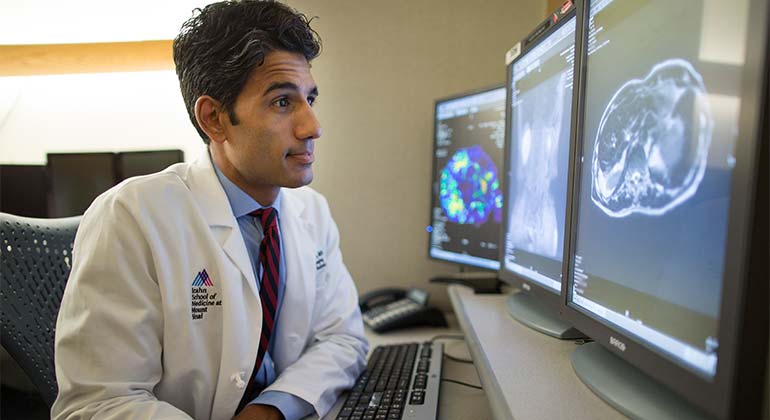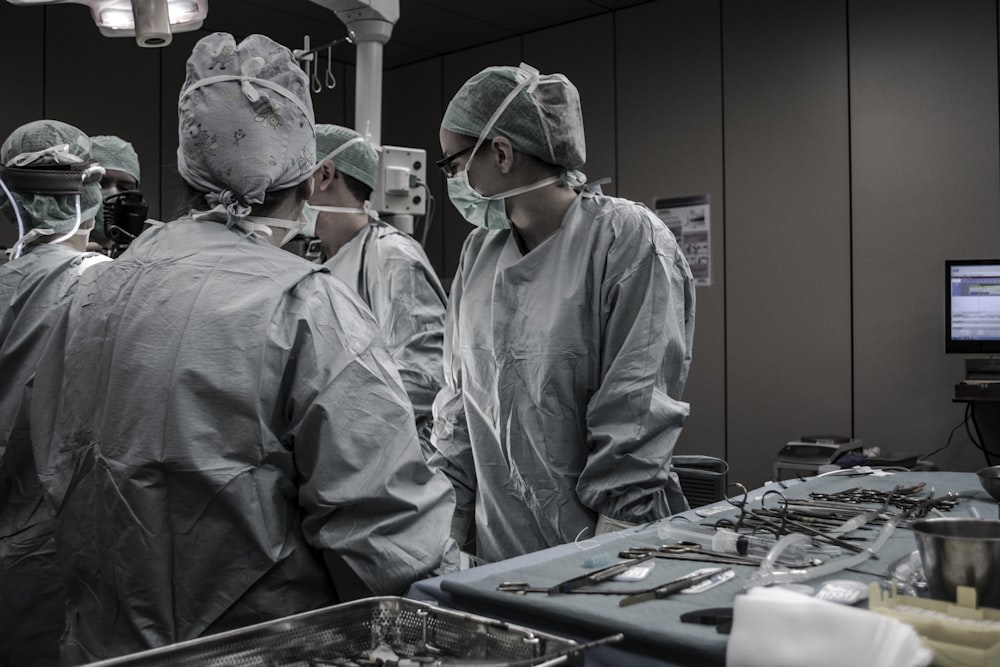Patient Outcomes
Revolutionary HCP Solutions Redefining Healthcare Norms
Revolutionizing Healthcare Through HCP Solutions
Introduction
In today’s rapidly evolving healthcare landscape, the role of healthcare professionals (HCPs) is more crucial than ever. They are at the forefront of delivering quality care to patients while navigating complex technological advancements and shifting patient needs. This article explores the transformative impact of HCP solutions on revolutionizing healthcare practices and improving patient outcomes.
Seamless Integration for Enhanced Care
One of the key elements of modern healthcare is the seamless integration of HCP solutions into clinical workflows. With the right technology and tools in place, HCPs can streamline administrative tasks, access patient data more efficiently, and collaborate effectively with other members of the healthcare team. This integration not only saves time but also enhances the overall quality of patient care by allowing HCPs to focus more on direct patient interactions.
Empowering HCPs with Innovative Tools
Empowering HCPs with innovative tools is essential for driving healthcare forward. From electronic health records (EHR) systems to telemedicine platforms, these tools enable HCPs to deliver care remotely, monitor patient progress in real-time, and make data-driven decisions for personalized treatment plans. By equipping HCPs with the right resources, healthcare organizations can ensure that they are well-equipped to meet the diverse needs of their patients and adapt to changing healthcare trends.
Personalized Healthcare and HCP Expertise
Personalized healthcare is no longer a distant dream but a reality, thanks to the expertise of HCPs and advancements in medical technology. HCPs play a crucial role in understanding the unique needs of each patient and tailoring treatment plans accordingly. Whether it’s leveraging genetic data for precision medicine or incorporating patient preferences into care decisions, HCPs are at the forefront of delivering personalized care that considers the whole individual, not just their medical condition.
Data-Driven Decisions for Better Outcomes
In today’s data-driven world, HCPs have access to a wealth of information that can inform clinical decision-making and drive better patient outcomes. By leveraging electronic health records, clinical decision support systems, and predictive analytics, HCPs can identify patterns, detect early warning signs, and intervene proactively to prevent adverse events. This data-driven approach not only improves patient safety but also enhances the efficiency and effectiveness of healthcare delivery.
Fostering Patient Trust Through Empathetic Care
Beyond the technical aspects of healthcare, fostering patient trust is paramount for building strong patient-provider relationships. HCPs who demonstrate empathy, compassion, and active listening skills are more likely to earn the trust and confidence of their patients. By taking the time to understand patients’ concerns, preferences, and values, HCPs can create a supportive environment where patients feel heard, respected, and valued as partners in their own care.
Collaborative Care for Comprehensive Health
Collaborative care models that involve multidisciplinary teams of HCPs are essential for addressing the complex needs of patients with chronic conditions or complex medical histories. By working together across different specialties and disciplines, HCPs can provide comprehensive, coordinated care that addresses not only the physical aspects of health but also the psychological, social, and emotional needs of patients. This team-based
Advanced Radiology Services: Precision Imaging for Informed Care

Revolutionizing Healthcare: The Impact of Advanced Radiology Services
In the dynamic landscape of modern healthcare, the role of advanced radiology services is paramount. These services not only provide crucial diagnostic information but also play a pivotal role in guiding treatment decisions and improving patient outcomes.
Precision Imaging for Accurate Diagnosis:
Advanced radiology services leverage cutting-edge imaging technologies to deliver precision in diagnosis. Techniques such as Magnetic Resonance Imaging (MRI), Computed Tomography (CT), and Positron Emission Tomography (PET) offer detailed insights into the body’s internal structures, allowing healthcare professionals to identify and assess a wide range of medical conditions with remarkable accuracy.
Multifaceted Applications of Radiology Services:
The applications of radiology services are diverse and extend across various medical specialties. From detecting tumors and assessing organ function to visualizing musculoskeletal structures and guiding minimally invasive procedures, radiology services are integral in providing comprehensive healthcare solutions.
Informed Decision-Making in Treatment Plans:
One of the key advantages of advanced radiology services is their role in informed decision-making for treatment plans. Physicians rely on detailed imaging results to tailor treatment strategies, whether it involves surgery, radiation therapy, or medication. This personalized approach enhances the effectiveness of interventions and contributes to better patient outcomes.
Interventional Radiology: Bridging Diagnosis and Treatment:
Interventional radiology is a specialized field within radiology services that goes beyond diagnostics. It involves minimally invasive procedures guided by imaging techniques. From angioplasty and embolization to biopsy and drainage, interventional radiology plays a crucial role in both diagnosing and treating various medical conditions.
Continuous Technological Advancements:
The field of radiology services is marked by continuous technological advancements. Emerging technologies, such as 3D imaging, artificial intelligence, and molecular imaging, are reshaping the landscape, offering enhanced capabilities for early detection, precise localization, and individualized treatment planning.
Radiology Services for Preventive Healthcare:
Radiology services are not only instrumental in diagnosing existing conditions but also play a vital role in preventive healthcare. Regular screenings, such as mammography and CT scans, aid in early detection of potential issues, allowing for timely interventions and preventive measures.
To explore the impact of advanced radiology services on healthcare, visit www.dylanmessaging.com. Radiology Services act as a cornerstone in the healthcare ecosystem, providing indispensable diagnostic and interventional capabilities. From precision imaging to informed decision-making, the seamless integration of advanced radiology services elevates the standard of care and contributes to a healthier society.

